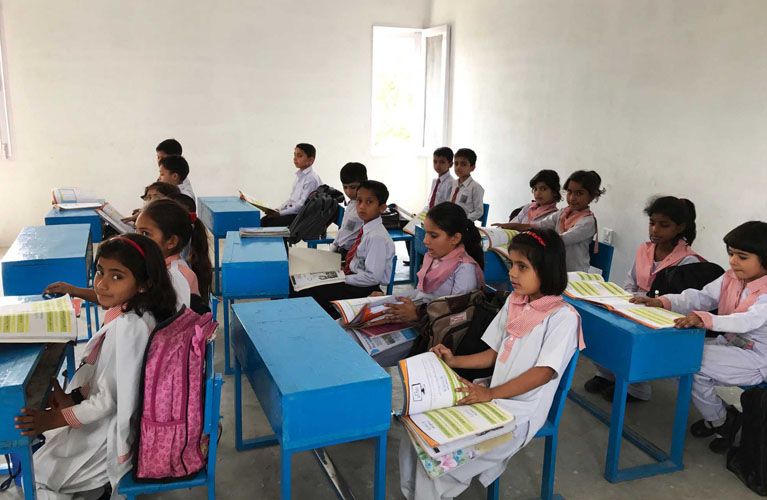Student Counseling
Student Counseling Program is crafted to support students academic achievement. This is done through incorporating leadership, advocacy, collaboration, equity and access to
opportunities. For that, we provide services to students, school staff, and parents. The need of the students is addressed by:
-
Showing respect and empathy,
-
Setting individual, realistic and achievable goals.
-
Developing effective study skills
-
Resolving conflicts through communication being aware of the impact of their actions.
Counselors:
School counselors are appointed who are vital members of the education team. They help students in the areas of academic achievement, personal, social and career development,
ensuring today's students become productive and well-adjusted adults of tomorrow. Our work is differentiated by attention to developmental stages of student including the needs,
tasks and interests related to those stages.
Developing Relationship:
We develop confidential relationships with students/parents and staff to help them resolve or cope with problems and developmental concerns for which we provide:
-
Individual or group counseling.
-
Consultation with parents and teachers.
-
Student Support Team (academic guidance, personal/social support).
-
Parent Support (parenting workshops and discussion groups).

